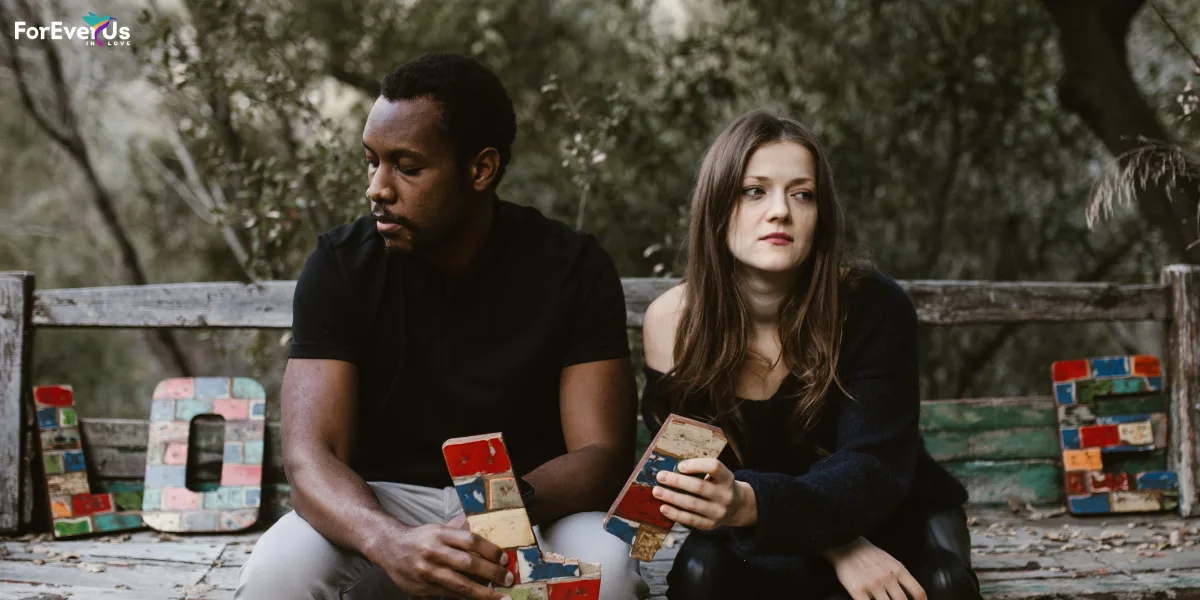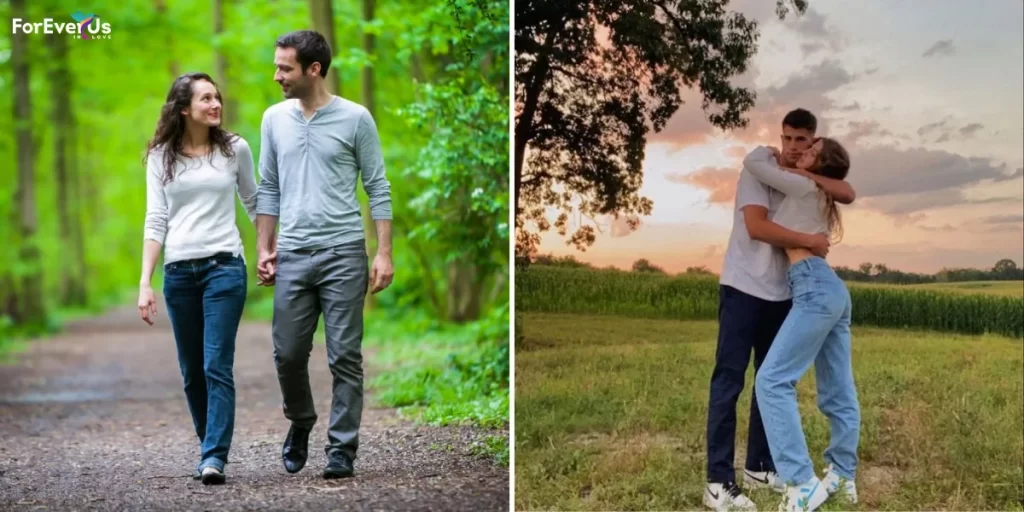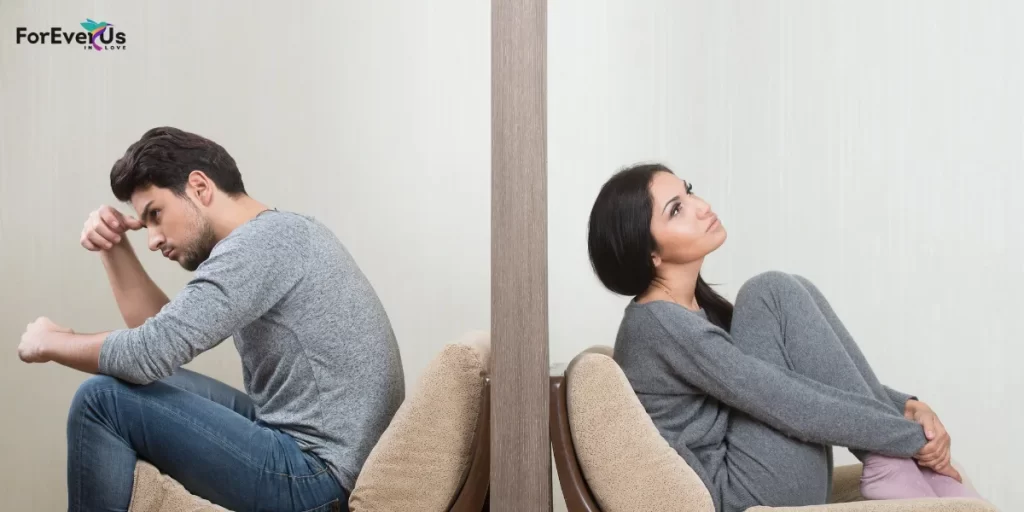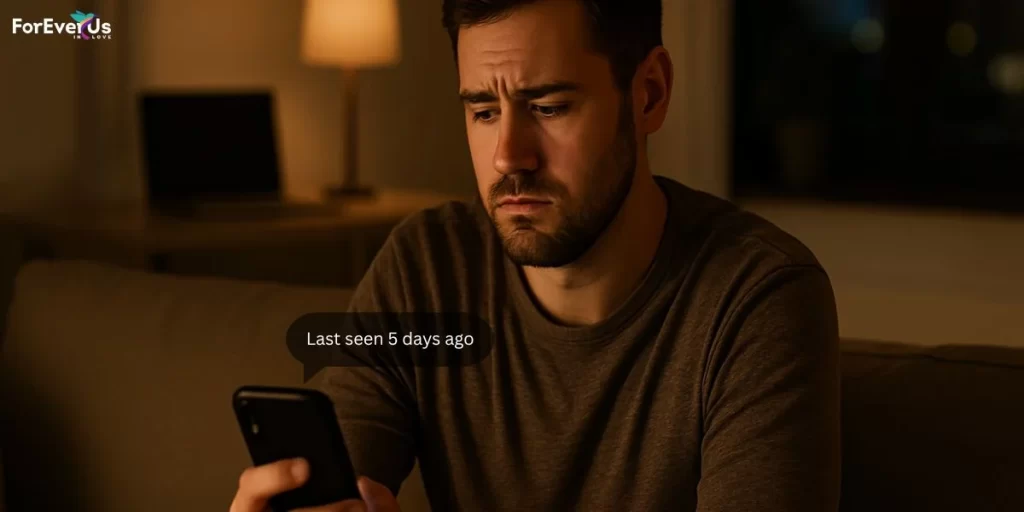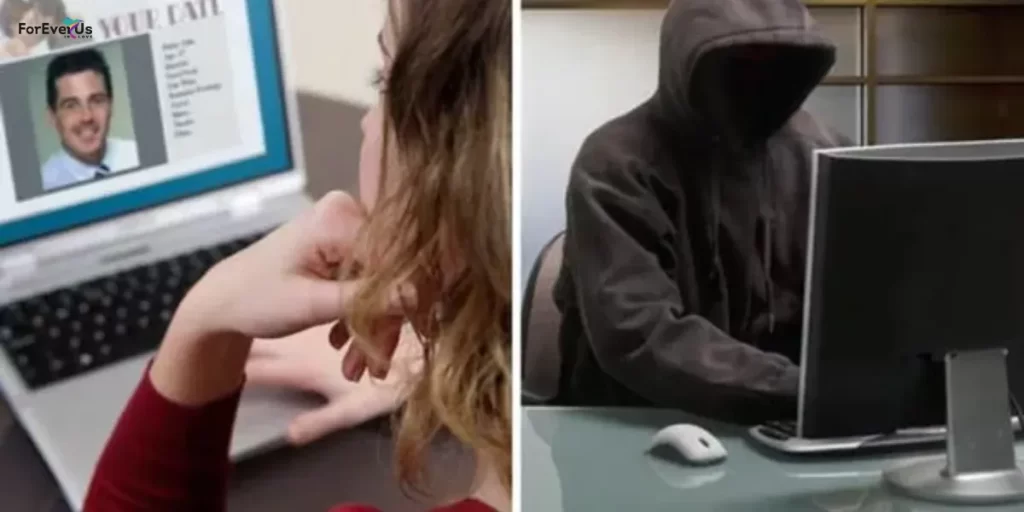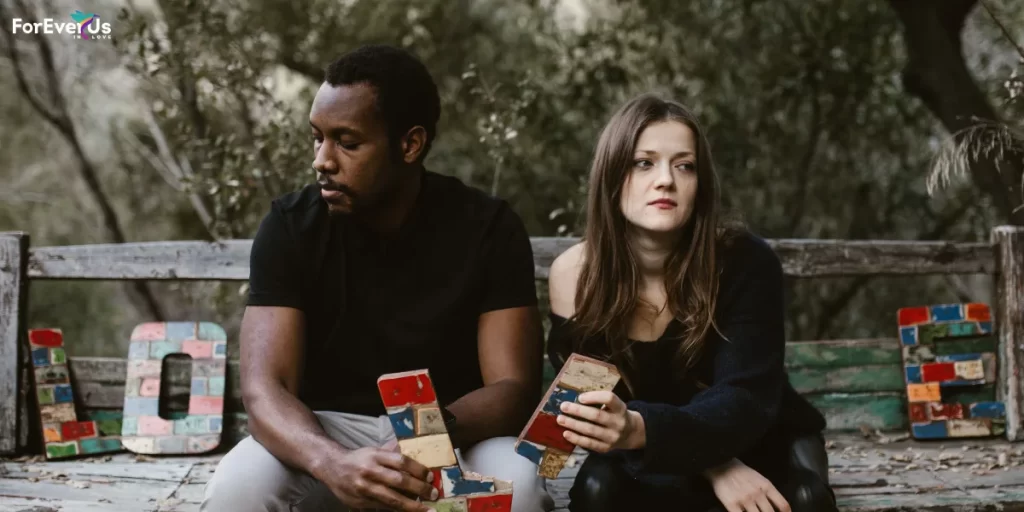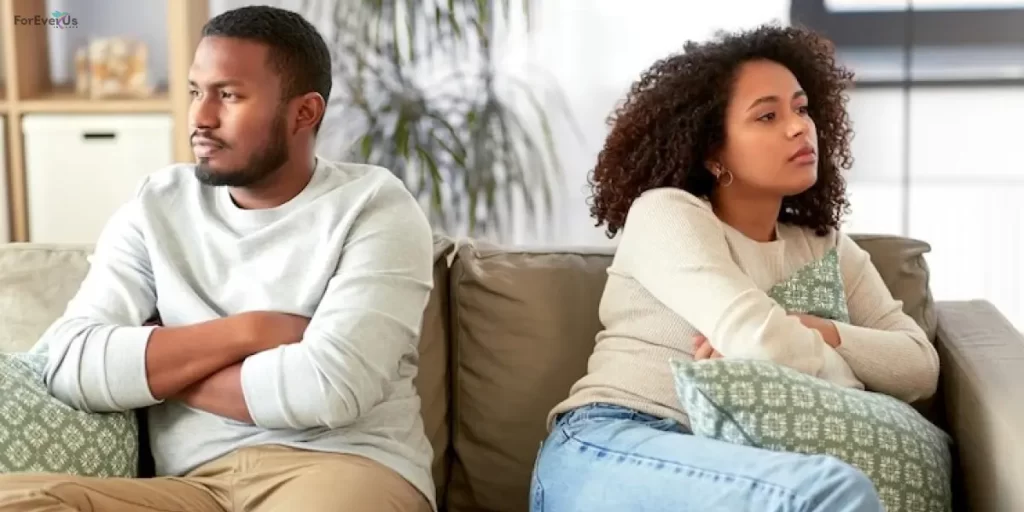Getting out of a toxic relationship can feel like surviving an emotional battlefield. You’ve been hurt, betrayed, maybe even gaslit into questioning your own worth. So, the thought of putting yourself out there again? Terrifying. That’s why understanding how to start dating again after a toxic relationship isn’t just about swiping right—it’s about healing, rebuilding trust, and learning to feel safe in love again.
But here’s the truth: You deserve a love that feels safe, kind, and real. This guide isn’t just about jumping back into the dating scene. It’s about healing, understanding your worth, and learning how to open your heart again—on your own terms.
Let’s walk this journey together, step by step.
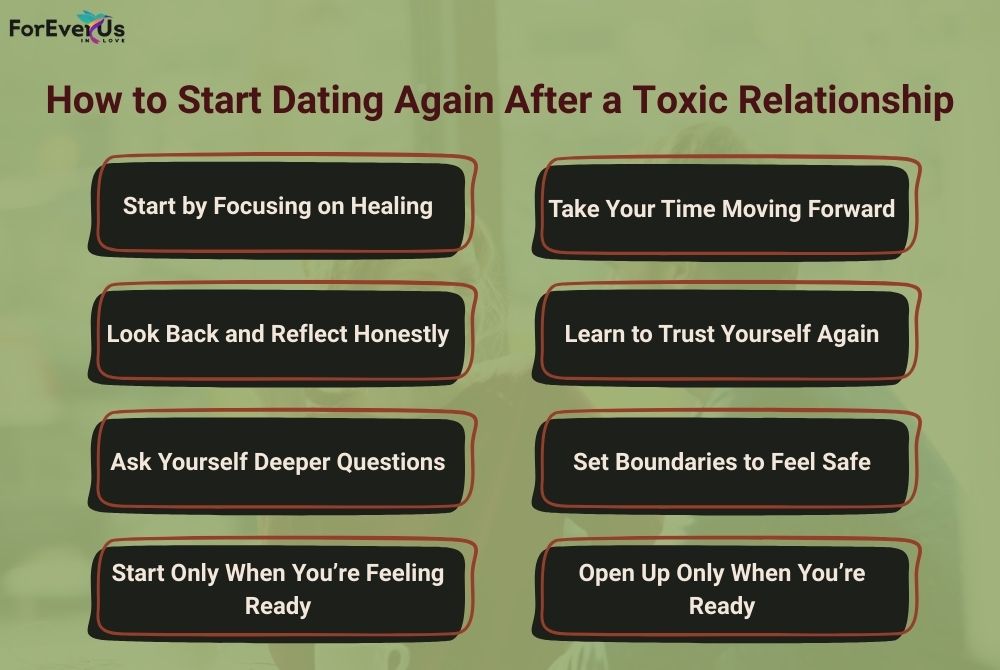
Why Healing After a Toxic Relationship Is Essential
Before starting a new relationship again, your first relationship needs to be with yourself. Toxic partners often leave emotional scars that affect your self-esteem, decision-making, and ability to trust.
Healing after a toxic relationship isn’t just about moving on; it’s about refinding who you are without the manipulation and chaos.
Simple Ways to Start Healing (That Actually Work)
- Try asking yourself things like, “What did I learn from that relationship?” or “What qualities do I want in a future partner?” These kinds of questions can gently shift your focus from pain to growth.
- Practicing mindfulness or gentle meditation can help you stay grounded and present—especially when your mind goes back to painful memories.
- Talking to a therapist or joining a support group gives you a safe space to process everything you’ve been through without fear of judgment.
- Going for a walk, stretching, or just moving your body in any way that feels good can help release tension and bring you back into the present moment.
- Even creating small routines—like having a quiet morning tea or journaling before bed—can give you a sense of comfort and consistency when everything feels uncertain.
Because the truth is, you can’t build a healthy future on an unhealed past.
When you’re ready, these tools can gently support your healing.
Apps:
- Insight Timer – for free meditations, especially around healing and sleep.
- Jour – a guided journaling app designed for emotional reflection.
- Woebot – a chatbot for mental health that helps track emotions and patterns.
- Shine – created by and for marginalized communities (esp. BIPOC & LGBTQ+) to support daily mental health.
Books:
- “Attached” by Amir Levine & Rachel Heller – to help understand attachment styles.
- “The Body Keeps the Score” by Bessel van der Kolk – especially helpful for trauma survivors.
- “Set Boundaries, Find Peace” by Nedra Glover Tawwab – excellent for reclaiming emotional space.
Podcasts:
- The SelfHealers Podcast (by @the.holistic.psychologist)
- Therapy Chat – real therapists breaking down common issues.
- Let’s Talk About It (by Taylor Nolan) – deep dives into healing and self-worth.
Understand What Made the Relationship Toxic
It’s important to reflect on what went wrong, not to dwell, but to break toxic relationship patterns.
Were there signs you ignored? Did you silence your needs for their comfort? Did they use manipulation, guilt-tripping, or gaslighting?
Self-Reflection Checklist: Key Questions to Ask Yourself
- What behaviors made the relationship unhealthy?
- Did I feel safe, seen, and supported?
- What boundaries did I fail to uphold?
- Did I feel like I had to change myself to be loved?
- How did I express my needs, and were they acknowledged?
Pause for a moment. Take a breath. These aren’t easy questions, but they’re how we grow. Be gentle with yourself.
- Did I feel emotionally drained or uplifted in this relationship?
- Was there a balance of effort, or did I constantly give more?
- How did this relationship affect my self-esteem and confidence?
- Did I make excuses for their behavior? If so, why?
- What would I tell a friend in my situation? Would I advise them to stay?
Take a breath here. You’re doing deep work. These answers don’t come all at once—and that’s okay.
If you want to stop attracting toxic partners, start by understanding what you accepted—and why.
Signs You’re Ready to Start Dating Again
Healing after a toxic relationship isn’t just about moving on—it’s about reclaiming your sense of self. You don’t have to be completely ‘over’ the past to begin again. What matters is feeling steady enough to open your heart—not without fear, but with courage beside it. When you’re ready, dating won’t feel like proving something—it’ll feel like a fresh start.
Emotional Signs You’re Ready:
- You don’t feel triggered when thinking about your ex
- You no longer feel the urge to “prove” your worth
- You’re curious about others instead of scared
If you’re wondering when the right time is to start again, there’s no checklist for that. But there are gentle signs your heart may be ready.
You’ve come so far already. Here’s how to take the next small step. Before you move forward, pause and ask yourself: “Am I dating to connect or to distract myself from pain?”
Signs you’re ready to date again include having emotional clarity, a sense of inner peace, and feeling whole without needing someone else to complete you.
Take It Slow in Healing: There’s No Need to Rush
Dating after a toxic relationship isn’t a race. You’re not behind—you’re rebuilding yourself at your own pace. Instead of rushing into dating again, take time to ground yourself. Reconnect with your values, your joys, and your peace. This is what to do before dating again—give your future self a solid foundation to grow from.
You can start with small things like going out for coffee and having casual conversations or relearning how to connect without fear.
Tip:
If the idea of a date makes your heart race (and not in a good way), start by strengthening friendships or joining social groups.
What to do before dating again includes grounding yourself in your own company so you can better judge who belongs in your life.
How to Rebuild Trust in Yourself and Others
“You are not too broken to begin again. You are wiser now.”
After manipulation or betrayal, rebuilding trust can feel like trying to breathe underwater—overwhelming and impossible. But here’s the truth: your heart still knows how to rise. You’re stronger than the pain you’ve been through.
Steps to Rebuild Trust:
- Start with yourself. Learn to trust your gut again
- Make small commitments and follow through
- Let others earn your trust. You don’t owe it freely—especially not to anyone who hasn’t proven they’ll protect it.
It’s okay to be scared of dating again. What matters is that fear doesn’t control your choices.
Set Boundaries in a New Relationship
Boundaries are your emotional safety net. After a toxic relationship, learning to set boundaries in a new relationship is vital.
Examples of Healthy Boundaries:
- “I need time to process things before responding.”
- “I won’t tolerate yelling or name-calling.”
- “My alone time is important to me.”
Tip: Practice saying your boundaries out loud to a mirror or a friend first.
Setting boundaries builds trust and respect—two things you absolutely deserve.
Mini Boundary Script Example:
Let’s say someone you’re dating pressures you to reply instantly to messages:
- “Hey, I really value open communication, but I also need space to respond on my own time. I don’t always have the capacity to reply right away, and I hope you can respect that.”
Or if a date starts pushing your physical boundaries:
- “I’m enjoying spending time with you, but I’m not ready to go there yet. I need us to move at a pace that feels comfortable for me.”
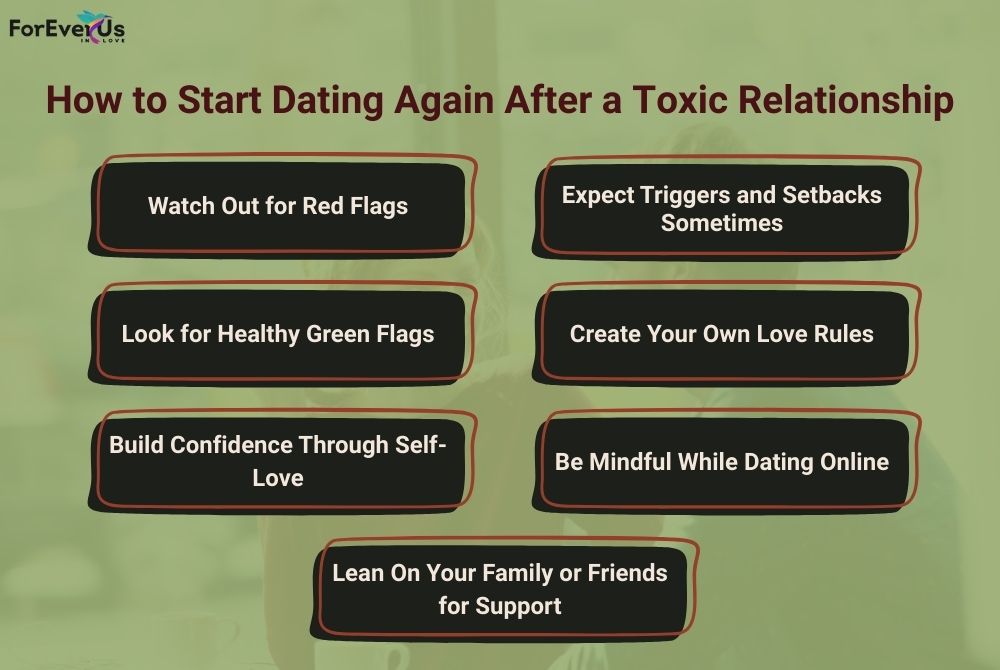
Red Flags to Avoid and Green Flags to Look For
When you start dating again, your radar will be sharper. Use it.
Red Flags in New Relationships
Green Flags to Look For
Recognizing red flags in new relationships and finding green flags in healthy relationships helps you align with your healing.
How to Talk About Your Toxic Past with a New Partner
You don’t owe anyone your entire story on the first date. But if things get serious, transparency matters.
Tips for Sharing:
- Wait until there’s trust and mutual interest
- Frame your past from a place of growth, not victimhood
- Keep the focus on what you want moving forward
Learning how to communicate past relationship trauma is part of emotional maturity. Share when you’re ready, not when you’re pressured.
Build Confidence Through Self-Love and Growth
Confidence isn’t about being flawless. It’s about knowing your worth even when things are uncertain.
Confidence-Building Exercises:
- Daily affirmations like “I am worthy of a healthy love”
- Trying new hobbies or taking solo adventures
- Celebrating small wins (like saying “no” when something doesn’t feel right)
Self-love after a toxic relationship is the strongest foundation for a fulfilling future.
Feeling overwhelmed by dating again? Start small. Even browsing without messaging can be a first step.
Navigating Online Dating After a Toxic Relationship
The digital dating world can be tricky—especially after you’ve been hurt. But with the right mindset and boundaries, dating apps like ForEverUs In Love, Hinge, or even niche platforms can be empowering tools for starting fresh. The key is approaching them with clarity and confidence.
Safe Online Dating Tips:
- Create a bio that reflects your values, not just your hobbies
- Be honest about your pace and intentions
- Unmatch or block anyone who disrespects your boundaries
Knowing how to spot red flags online helps you stay safe on dating apps after a toxic relationship.
Build Your Support System
You don’t have to do this alone. Whether it’s friends, family, or a therapist, let people in. Healing is easier—and dating feels safer—when you’re surrounded by support.
How to Use Your Support Network:
- Share your dating wins and worries with a trusted friend
- Ask for gut checks if you’re unsure about someone
- Join a healing or empowerment group for survivors
Remember, emotional support isn’t a backup plan—it’s part of what makes you strong. When you’re dating again, it’s easy to focus on romantic love, but don’t forget: love is all around you. In your friendships. In your family. In the spaces where you feel safe and seen.
There’s No One Way to Heal or Date Again
Healing doesn’t happen in a vacuum—your background, beliefs, and community all play a role in how you process and move forward. Cultural, religious, or family values can deeply influence how you see love, relationships, and even your pace of healing.
Ask Yourself:
- Are there societal pressures influencing your pace?
- Are you carrying inherited beliefs about love?
- How can you redefine dating on your terms?
Whether you’re a young adult, a single parent, LGBTQ+, or re-entering the dating world after decades, your path is valid. Your identity, love, and healing deserve to exist exactly as they are—without compromise or shame.
For LGBTQ+ individuals, navigating healing and dating may also come with layers of societal stigma or identity struggles. Give yourself permission to heal on your terms, not someone else’s timeline.
Dealing with Setbacks and Fears of Repeating the Past
You might get triggered. You might meet someone who reminds you of your ex. You might start doubting yourself again.
That’s okay. It doesn’t mean you’re broken—it means you’re healing.
Try This When Old Fears Try to Take Over:
- Don’t judge your healing timeline
- Take breaks from dating if needed
- Reflect, re-center, and re-empower
The fear of falling into another toxic relationship is real, but it doesn’t mean it’ll happen. Every time you pause to reflect instead of react, you’re rewriting old patterns. This isn’t a setback. It’s progress.
Conclusion
If you take away one thing from this guide, let it be this:
You are not broken. You are healing. You’ve survived something heavy, and that alone speaks to your strength. Starting over isn’t easy, but it’s possible, and it can be breathtaking. Give yourself permission to move forward at your own pace. Protect your peace. Honor your growth. And remember, you don’t need to be fully “fixed” to be fully loved.
The kind of love you deserve—safe, mutual, steady—isn’t behind you. It’s ahead of you. And it’s waiting for the healed, confident, empowered version of you who’s learning to trust again, one brave step at a time.
FAQs
How do I know I’m ready to date again after a toxic relationship?
If you’ve healed emotionally, feel grounded in who you are, and are curious (not desperate) about dating—you’re ready.
What are the signs of a healthy partner?
They listen, respect boundaries, communicate openly, and support your growth.
How do I protect myself emotionally when dating again?
Set boundaries, check in with your emotions often, and pace yourself. Trust is earned—don’t rush it.
Is it normal to feel scared about dating again?
Absolutely. Fear is natural. The goal is to not let it control your future.


